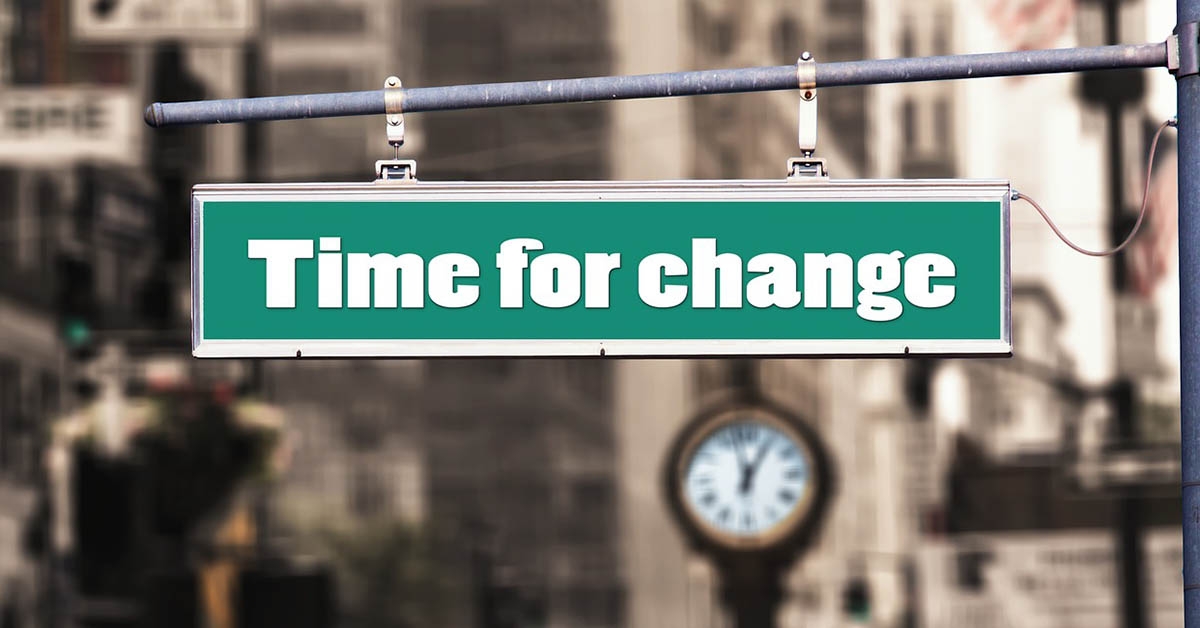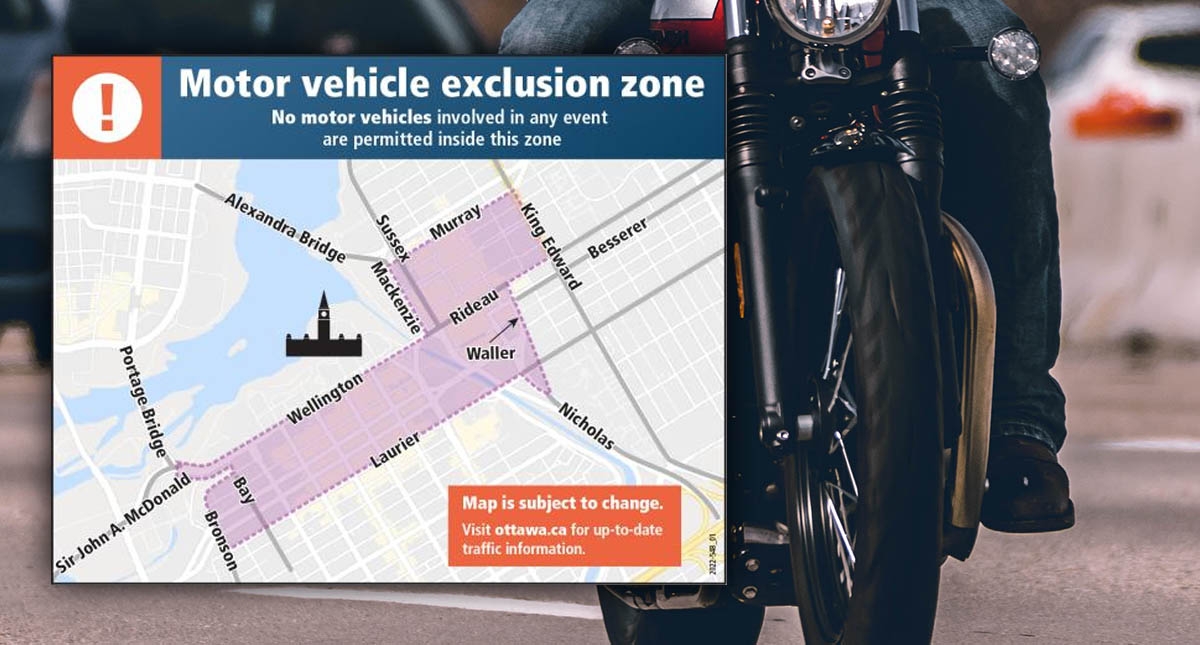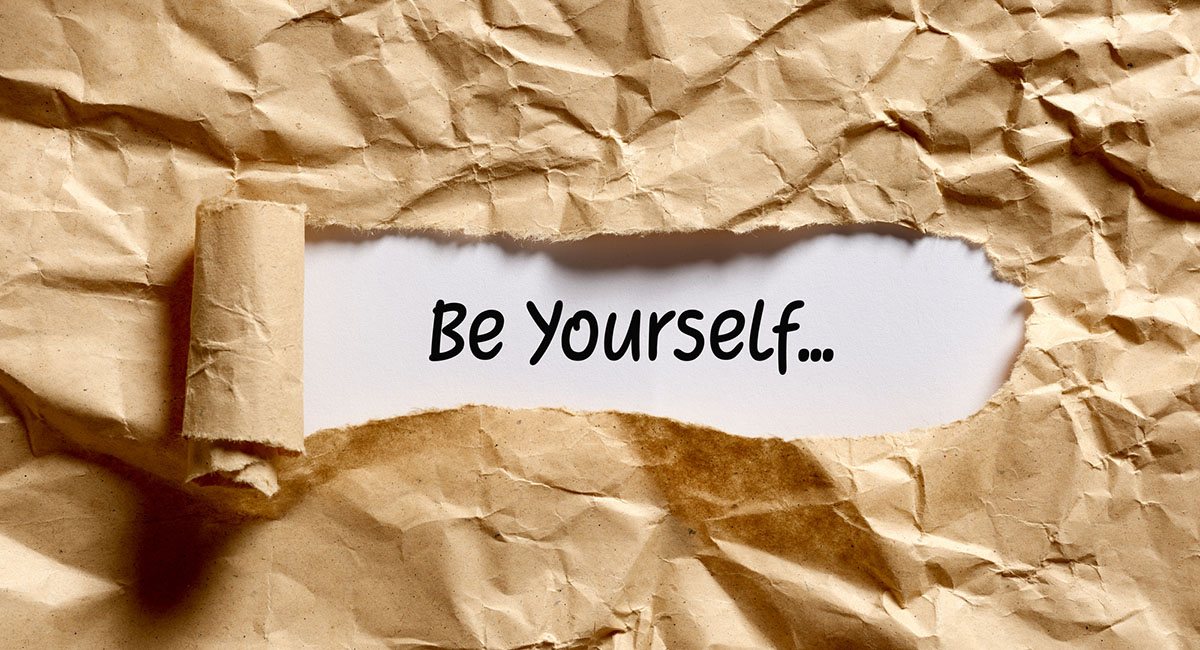
Navigating through big changes when you’re a PWD
The last few weeks have been very busy for me,
I’ve been training new PSW. I’m happy to say that it’s going well. While the training’s going well, keeping track of who’s training and when has been stressful.
Even after all these years of training new caregivers, it can be overwhelming.
Besides the care aspect, trust and communication need to be established. Like any relationship, it takes time to build that.
When it comes to training, I do my best to put myself in the shoes of the person being trained. Most people haven’t even met a ventilator-dependent person before, so it can be intimidating. So much so that they change their mind and never return.
Which I understand.
I’m happy to say that, for the most part, people have stuck around, some for several years. As I type this, two of my current PSW are approaching the ten-year mark. That’s both crazy to think about and amazing. A lot has happened in those ten years, both good and bad.
One thing that people forget regarding caregiving, in general, is there will be good days and bad days for both the caregiver and the person receiving care. Whether the caregiver sees the person for a few minutes, a few hours, or in my case, eight hours at a time, it’s inevitable.
The important thing is to find that balance between understanding and patience,
People with disabilities, as well as caregivers, are human. While that may sound obvious, it can sometimes be forgotten. The trick is gently reminding each other that it's not personal if you are having a bad day.
It could be a matter of that you or your caregiver didn’t sleep well the night before. Or you or they may be dealing with a personal issue or many things.
Over time, you’ll both learn to recognize the signs of a bad day and be able to navigate through it.
I have learned that it’s okay to be frustrated and angry but not to take that out on your caregiver, and vice-versa. I have been guilty of this at times over the years. At times, we could talk about it professionally and move past it. In some cases, we decided to part ways.
When a caregiver leaves, it can be tough, especially if they’ve been with you for years. You build a bond with them, and they become a part of your life, sometimes even saving your life. You have shared a lot of your life with them. You’ve seen them at their best and worse.
Sometimes, you can stay in touch afterward through social media. Other times though, they just want to put it behind them and start a new chapter in their life.
Again, I completely understand this, but it is still difficult to lose that person.
Life rolls on, though.
No matter where I am or what I do, I will always need new caregivers, sooner or later. As part of the process, I’ll need to train them. It’s just part of my life.
At least until the day robots take over, which is absolutely terrifying to think about. Before anyone asks, yes, I’ve seen several videos of robots doing certain aspects of caregiving.
Over the years, I’ve met possibly hundreds of caregivers, maybe thousands. To go along with that, many had different backgrounds, personalities, opinions, and so on. I’ve learned a lot from all of them.
Whether it was about their culture, their experiences, life advice, or music or TV show recommendations, I have learned so much from them.
I will forever be grateful for all the caregivers who have helped me and the new PSW that will come.
There’s a reason why I chose to discuss this topic this week.
On April 1st, things are going to change for me.
As of April 1st, I will no longer have nurses looking after me. This means that all of my staff will be through one agency. Through this agency, I will once again have PSWs round-the-clock.
I am absolutely thrilled. As some may know, I’ve been fighting for seven or eight years for this to happen.
As with many things in life, there will be new challenges. However, it is for the best.
Change can be scary, especially when you rely on others to help you.
I’m hopeful that things will be smoother moving forward.
Photo: Gerd Altmann, Pixabay











